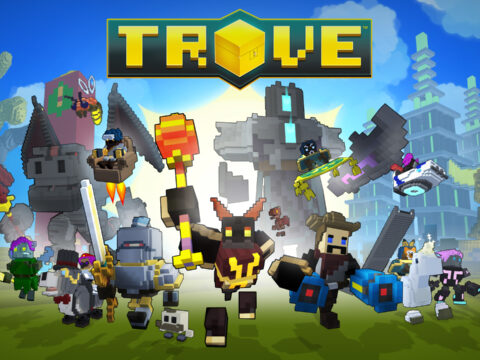It is often said that hindsight is 20/20, and this holds particularly true when reflecting on the current state of the gaming industry, grappling with issues such as job cuts, scarce funding, trend following, and a disparity in power between decision-making executives and the employees suffering from poor management. This is the overarching assessment captured in a GamesIndustry article, which consolidates data and insights from various industry experts.
The article examines several driving factors behind the current gaming industry challenges, pointing to a larger-than-anticipated market correction following the pandemic which caused investments made during a period of lower interest rates to lose their value. Responses to this adjustment included rampant layoffs by studio executives, and the occurrence of the so-called “GaaSacre” (games as a service massacre) as the bubble of the live service model began to pop. The effects of these shifts have been felt globally, affecting even the gaming industry in China and Japan.
This in-depth review implies that the bulk of the blame can be placed on the shoulders of investor boards. Investors are burdening companies with heightened expectations to strive for better output with fewer resources, demanding that studios provide elaborate demos of a game out-of-pocket before receiving any investment capital, and insisting on year-on-year profit growth. The article likens shareholders and institutional investors to players in looter-shooter games seeking a perpetual increase in their scores.
The report also highlights the detrimental impact of large-scale layoffs: Talent loss from the departure of long-serving developers is forecasted to be palpable for years, leaving little to no room for entry-level developers to fill the void. Consequently, fired employees are seeking opportunities in other sectors instead of returning to the gaming industry.
However, despite the negative consequences of “cheap money and bad bets”, there seems to be some potential for industry renewal. Data from a venture capital firm suggests early-phase investment is starting to bounce back, which could signal a rebound in 2025, especially for independent developers. As economic cycles naturally fluctuate, it is feasible that stability can return, especially if game companies broaden their player demographics and concentrate more on people than on fleeting trends like VR, Web3, and AI.
Though it is unclear when and how this stabilization will come about, the article urges the gaming industry to keep expanding their reach to engage as many players as possible. Doing so involves amplifying underrepresented voices, focusing on representation, and cultivating teams of all sizes, the article concludes.
Related articles















